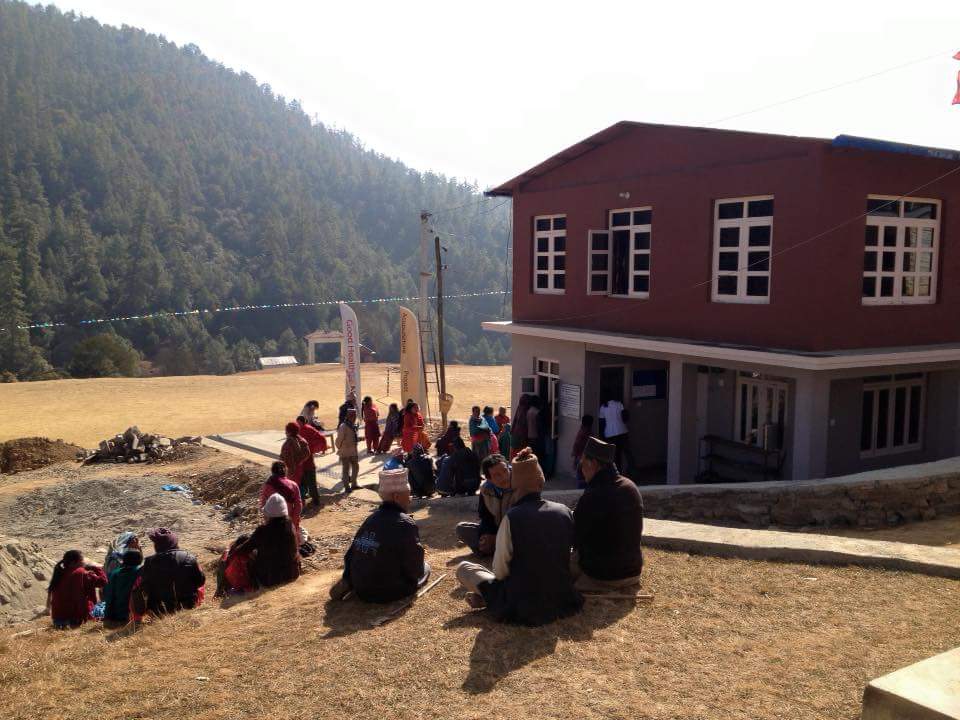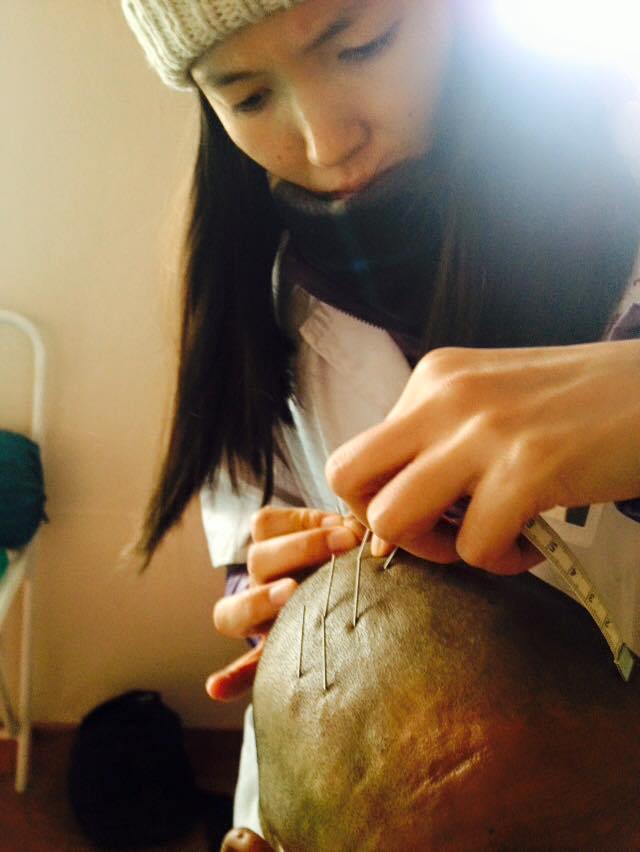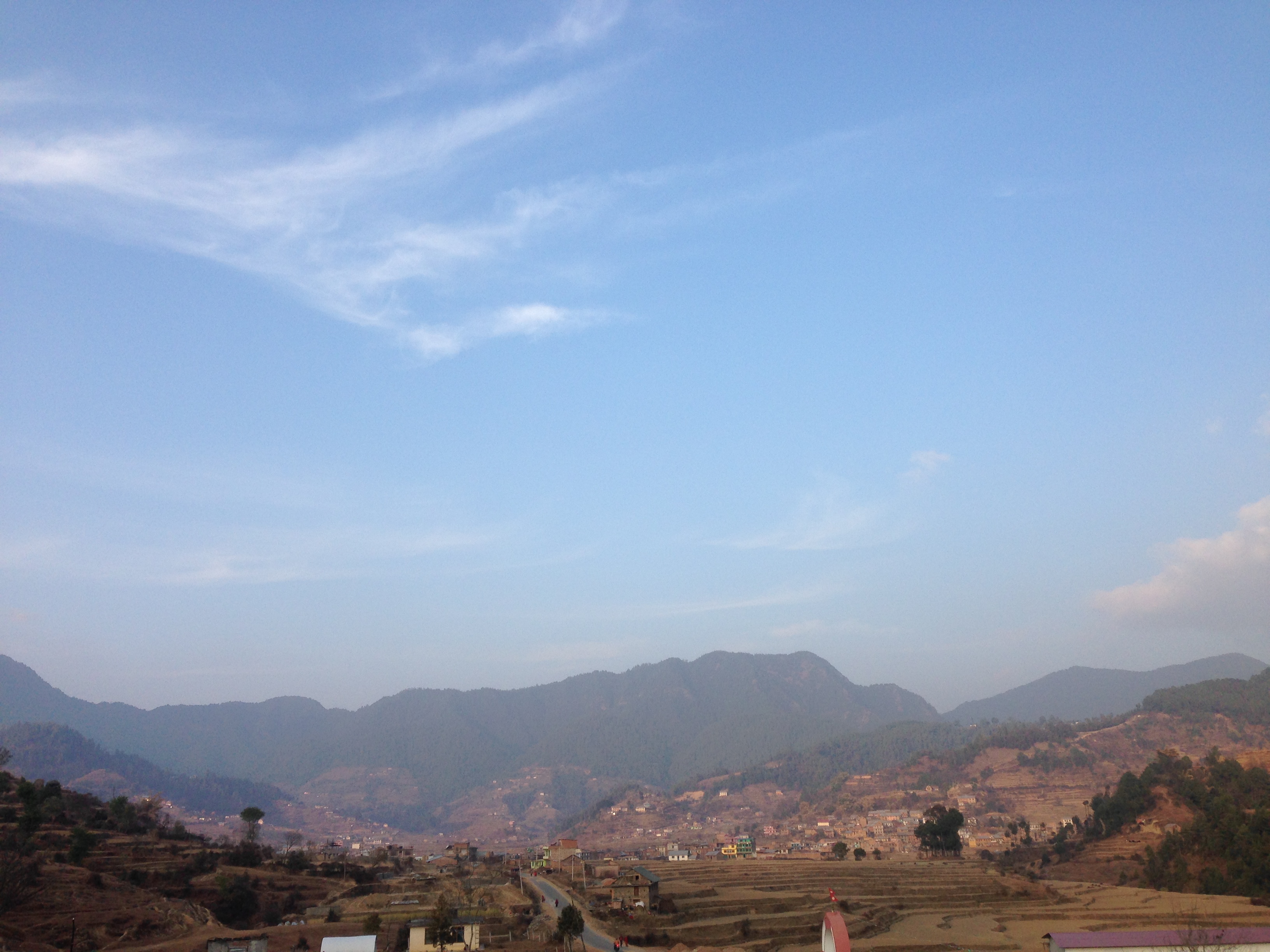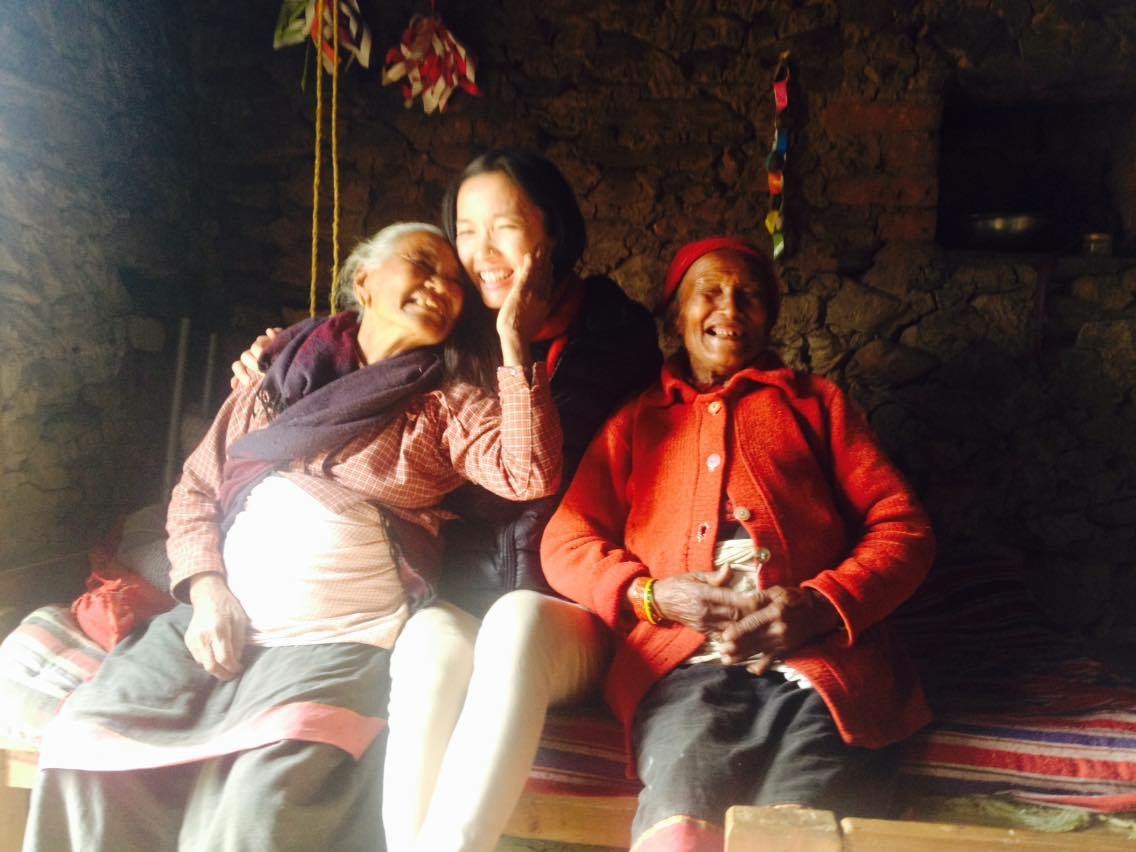Majority of patients in the village have no transport, they walk anywhere from 10 mins to over 4 hours to get to the ARP clinic over rocky paths and hills. Many don’t have a concept of time, some don’t even know how old they are or how to read a clock. There was one woman who when asked her age, said she’s between 70 and 80 years old. And another young man said he could be anywhere between 29 to 33 years old. Patients don’t come to the clinic by an appointment basis, they either come in the morning or afternoon and hang around with other villagers, sometimes for hours, chatting and enjoying each other’s company as they wait. Because they have no concept of time, unlike us who have 100 things going on in our minds, they are always in the moment and genuinely listening. One heart, one mind, one thing at a time. They master the art of ‘being’ which many of us in the first world have lost and are desperately seeking. How many of us look at the time every now and then at work to check when the day ends so we can go home? When was the last time we sat down quietly just to enjoy our meals, without having our TVs on or checking our phones at the same time?
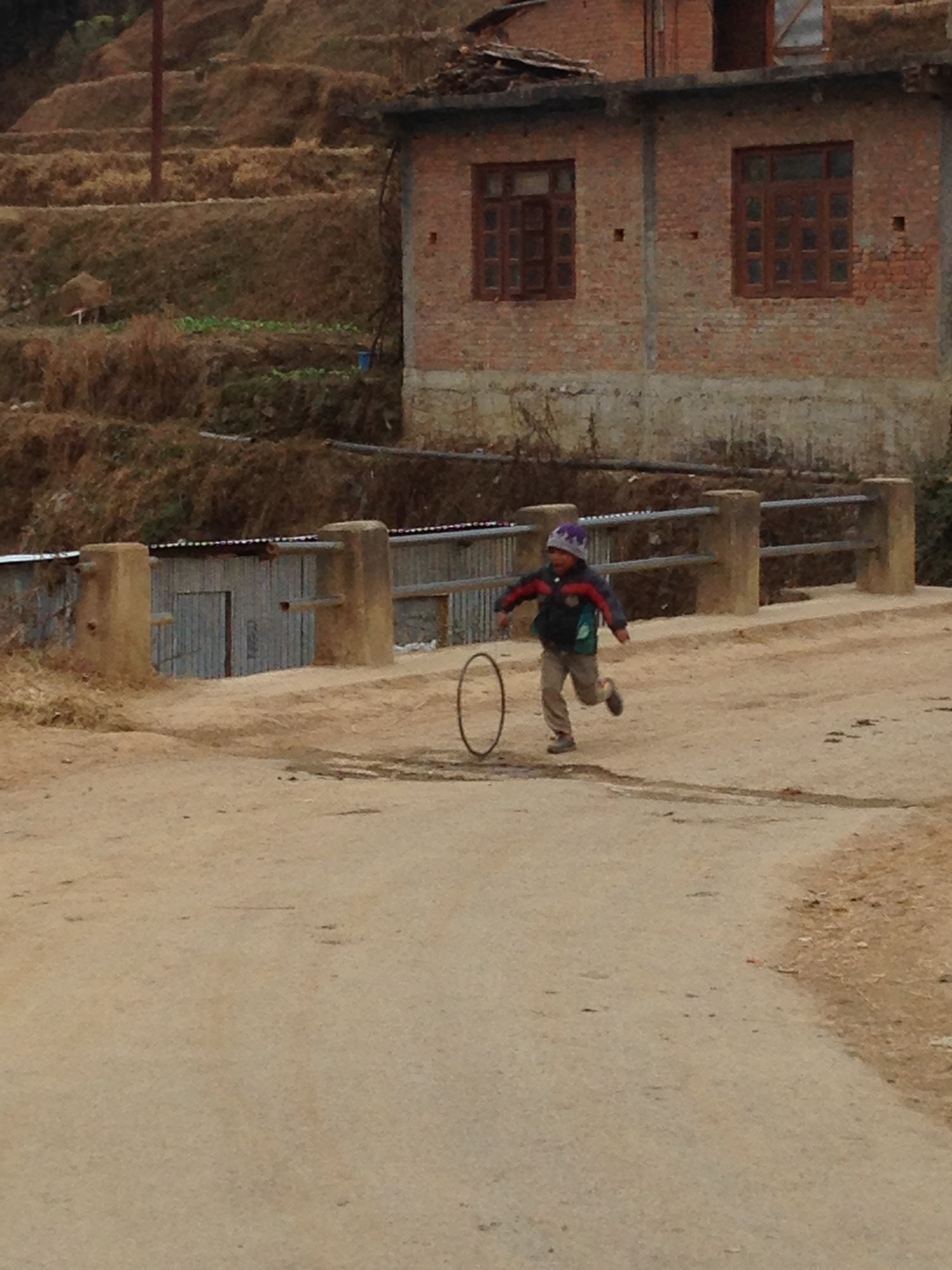
A boy chasing and balancing a hoop with a stick. Children in the village have no technology to play with, but back to basics, playing outdoors and in the fields.


